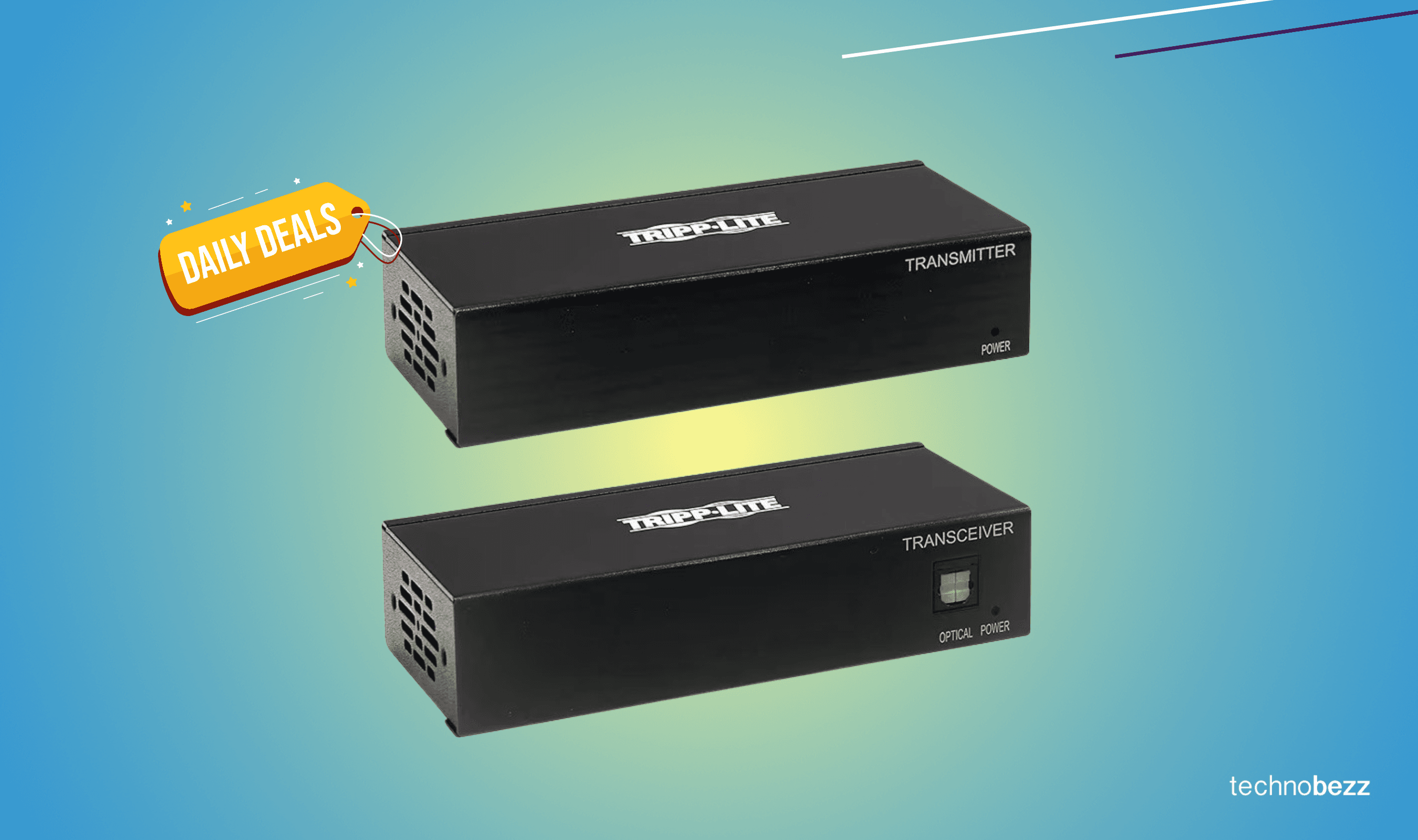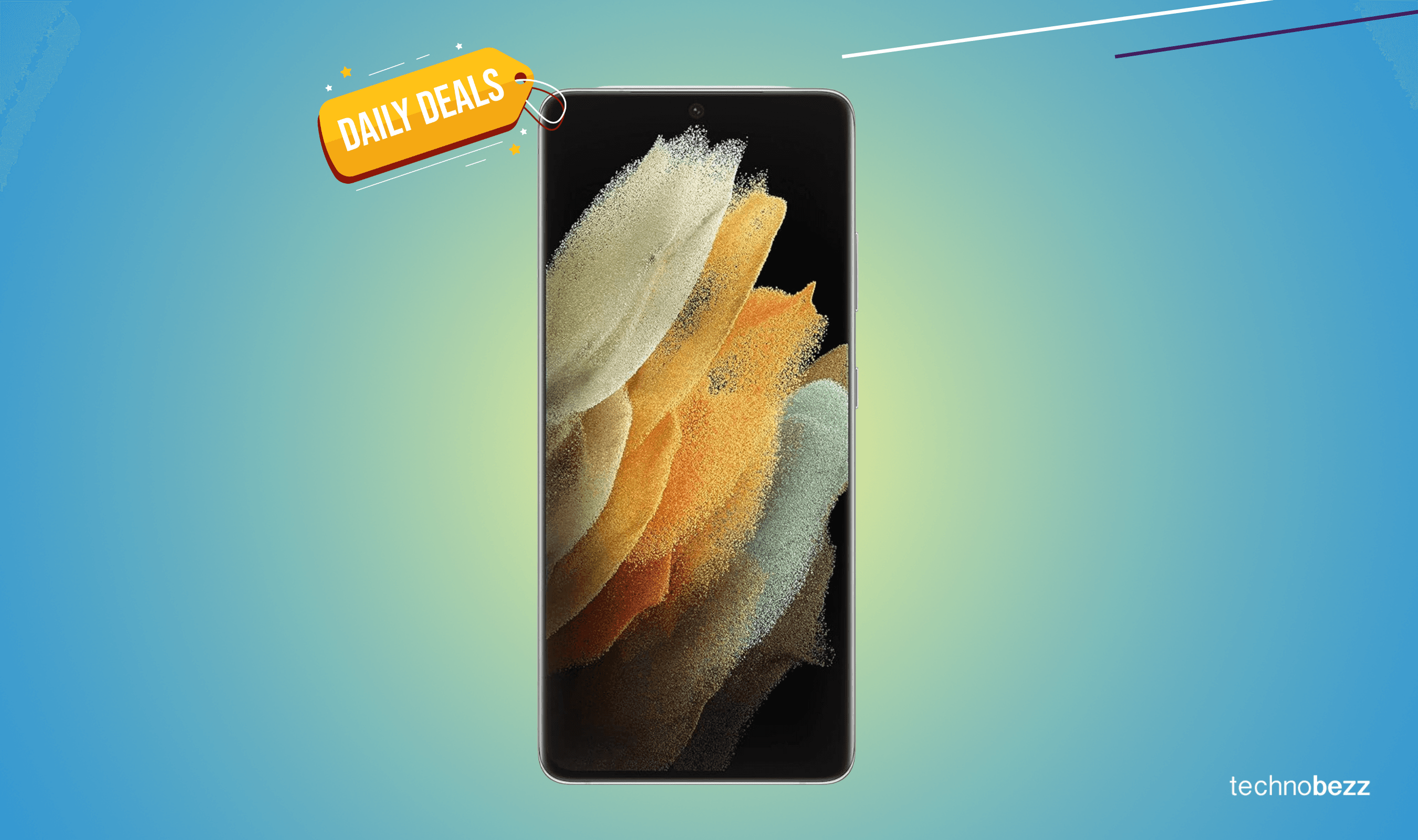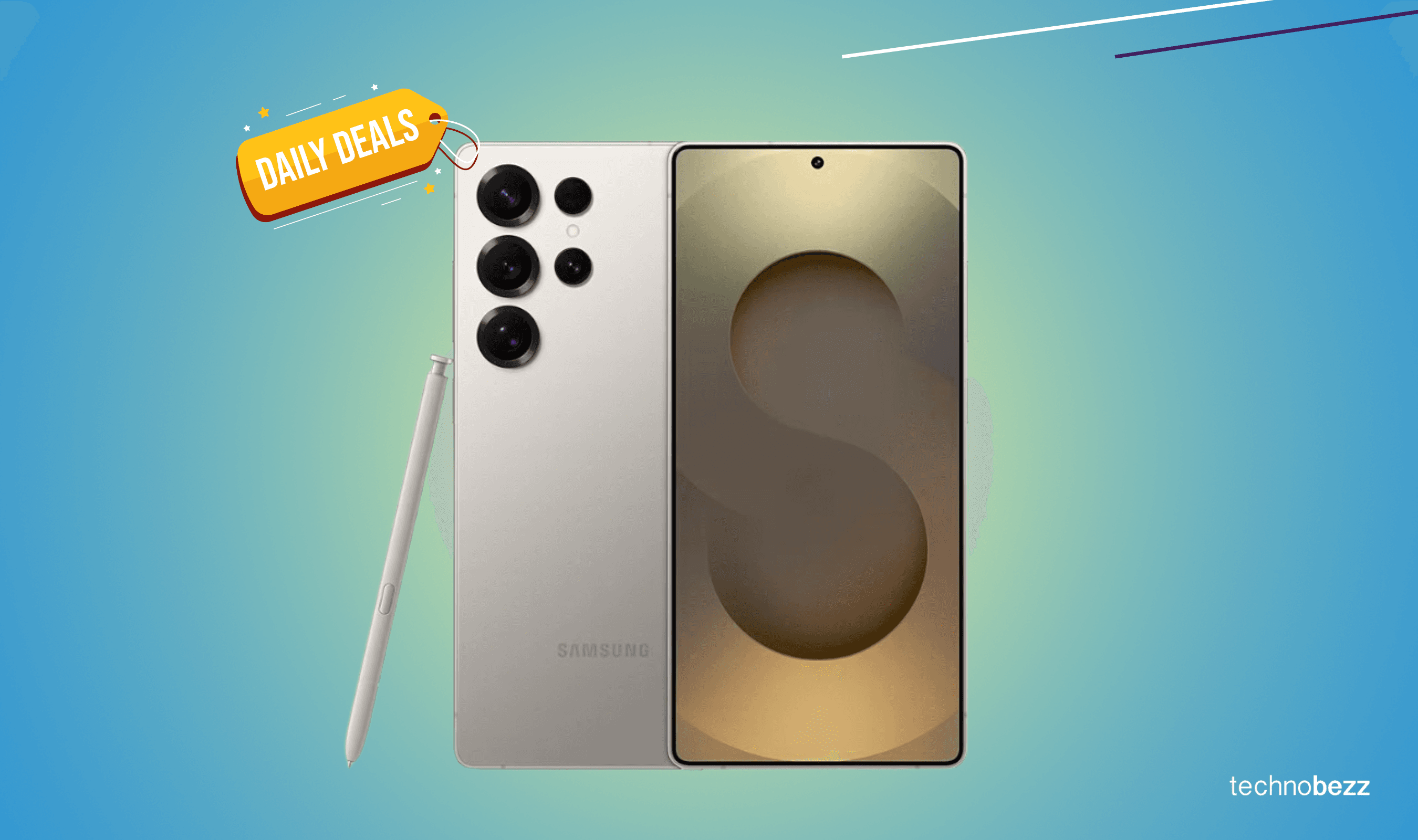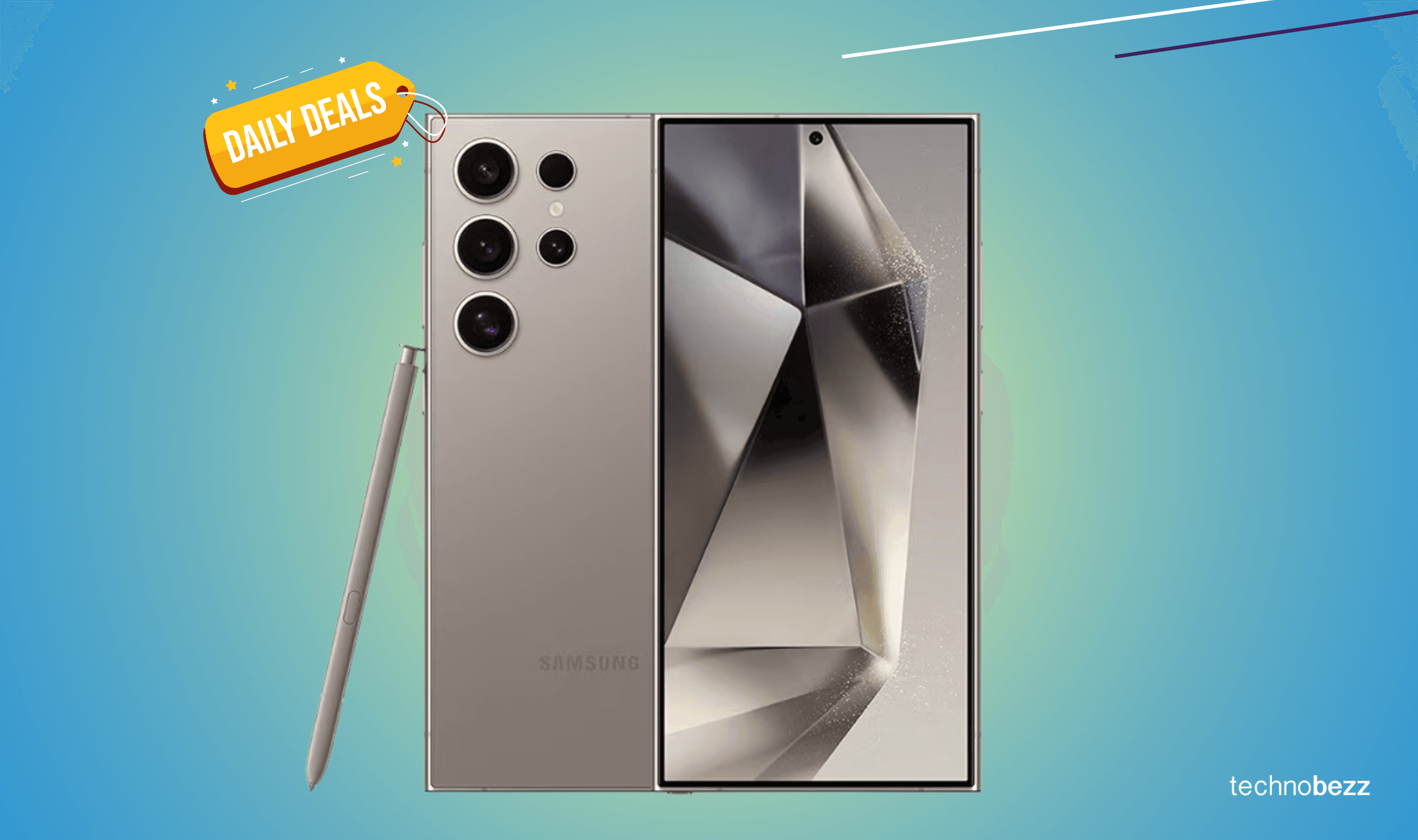Peter Thiel's hedge fund has joined the growing exodus from Nvidia, dumping its entire stake in the AI chipmaker during the third quarter as concerns about an artificial intelligence bubble intensify.
Thiel Macro LLC sold all 537,742 shares of Nvidia stock, according to regulatory filings that revealed the billionaire investor's dramatic portfolio shift. The position, which would have been worth approximately $100 million based on Nvidia's September 30 closing price, represented a complete exit from what had been one of the fund's largest holdings.
See also - The Trillion-Dollar AI Bubble Nobody Sees Coming
The move comes just weeks after SoftBank disclosed it had sold its entire Nvidia stake for around $5.8 billion, creating a notable pattern of high-profile investors stepping back from the AI darling. Thiel's decision comes after Nvidia became the first company to breach the $5 trillion valuation mark in October.
What's interesting here is the timing. Thiel's fund wasn't just trimming its position - it was going to zero on a stock that many on Wall Street still consider essential to the AI revolution. The 537,742 shares represented nearly 40% of Thiel Macro's portfolio before the sale, making this one of the most significant portfolio shifts by any major tech investor this year.
The fund's overall equity book shrank from $212 million at the end of the second quarter to $74.4 million by September 30, according to the filings. Alongside the Nvidia exit, Thiel also sold his entire position in energy company Vistra Corp and reduced his Tesla holdings by 76%.
This isn't just about profit-taking, though that's certainly part of it. Thiel has been notably less bullish on AI development than some of his peers, particularly SoftBank founder Masayoshi Son. While both investors opted to exit their Nvidia positions around the same time, their motivations appear to differ, Thiel's move seems more philosophical, while SoftBank reportedly sold to finance other AI investments.

The remaining Thiel Macro portfolio now centers on just three major tech names: Microsoft, Apple, and a significantly reduced Tesla position. Tesla accounts for 38.9% of the fund's holdings, Microsoft represents 34.1%, and Apple accounts for 27.0%, according to the filing.
Nvidia's shares have gained about 1% since the end of September but declined as much as 3% in New York trading on Monday following the news. The company is set to report its third-quarter earnings this week, with Wall Street analysts generally maintaining bullish outlooks despite the high-profile selling.
Dan Ives, a Wedbush analyst who has previously been optimistic about the AI boom, described Nvidia as a "foundational piece" of the AI revolution in a recent social media post, adding that he expects the company to "handily exceed Street estimates."
Still, Thiel's move raises legitimate questions about whether some of tech's savviest investors see warning signs in the AI exuberance that has propelled Nvidia to become the world's most valuable company. The billionaire's venture firm, Founders Fund, has also backed OpenAI, suggesting his skepticism may be more about timing and valuation than the underlying technology.
As the AI industry grapples with circular, multibillion-dollar deals between chipmakers, startups, and data center operators, Thiel's exit serves as a stark reminder that even the most transformative technologies can become overvalued. The question now is whether other major investors will follow his lead or whether Nvidia's fundamentals will continue to justify its astronomical valuation.















